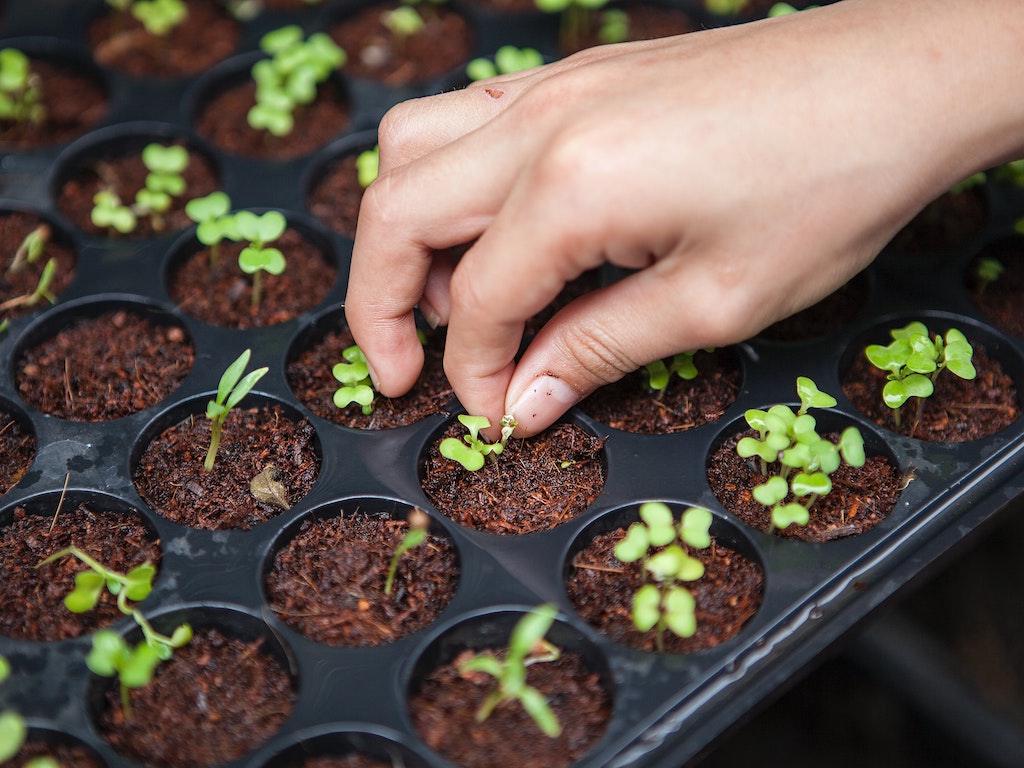3 Mins Read
Singapore has just announced a new S$30 million (US$21 million) fund to boost local food production to fend itself from external supply shocks caused by the Covid-19 pandemic. The new plan will involve turning rooftop car parks into urban farms and supporting vertical hydroponic farms to improve the city-state’s self-sufficiency while travel restrictions and export bans begin to wreak havoc on the global food economy.
“The current Covid-19 situation underscores the importance of local food production, as part of Singapore’s strategies to ensure food security…Local food production mitigates our reliance on imports, and provides buffer in the event of food supply disruptions,” said the authorities in a statement announcing the fund.
Singapore currently produces only 10% of its food demand, with the remaining 90% of its supply reliant on foreign imports. The current pandemic, which has caused restrictions on population movement and export bans and tariffs, is now beginning to take a toll on global food supply chains and raising concerns about food shortages and rising prices.
Under the new grant, funding will be provided to support the production of leafy vegetables as well as eggs and fish, but will also seek to turn vacant industrial sites such as rooftops into alternative urban farming spaces. The Singapore Food Agency (SFA) will begin a tender for rooftop farms on public housing from May this year.
Government agencies and agri-food companies will need to work together to identify these spaces to ramp up local production over the next 6 months to 2 years. Food techs may be selected and awarded a grant to accelerate their farm expansion to increase production capacity. This will build on top of the city-state’s earlier S$100 billion (US$72 billion) plan to adapt to a climate-stricken future, itself included an S$140 million (US$101) self-sufficiency initiative to meet 30% of its nutritional food needs by 2030.
Homegrown agri-tech startup Sustenir had already been assisting this goal by producing crops in lab-controlled vertical farms powered by artificial intelligence and LED lighting. Not only will this help reduce Singapore’s dependence on food imports, it will also mean fewer carbon emissions and food wastage with shorter transportation.
Another part of its “30 by 30” local food production campaign is fostering local food innovations such as lab-grown and plant-based meat substitutes, committing to matching each startups’ capital raised. These efforts have seen groundbreaking innovations from a number of Singaporean companies, such as Shiok Meats’ lab-grown shrimp, TurtleTree Labs’ cell-based dairy and human breast milk, NamZ’s nutritious and climate resistant noodles, and Karana’s whole food plant-based meat alternative made from young jackfruit.
As Singapore prepares to defend itself against potential food shortages, the supply shock has already reached Chinese imports. While the pandemic in China appears to have eased in recent weeks, Western countries – key suppliers of high-end meat, dairy and seafood – are still in the midst of dealing with the virus, stopping premium imported goods from reaching Chinese shelves.
Read our earlier news coverage of Covid-19 here.
Lead image courtesy of Unsplash.




